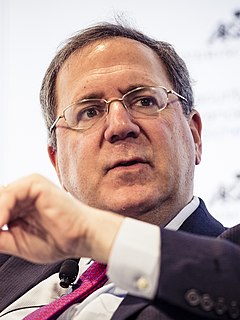A Quote by Peter Levine
A self-driving car will have 200-plus CPUs. That's a data center on wheels.
Related Quotes
We don't let a car company just throw out a car and start driving it around without checking that the wheels are fastened on. We know that would result in death; but for some reason we have no hesitation at throwing out some algorithms untested and unmonitored even when they're making very important life-and-death decisions.
In a rabbit-fear I may hurl myself under the wheels of the car because the lights terrify me, and under the dark blind death of wheels I will be safe. I am very tired, very banal, very confused. I do not know who I am tonight. I wanted to walk until I dropped and not complete the inevitable circle of coming home.
































